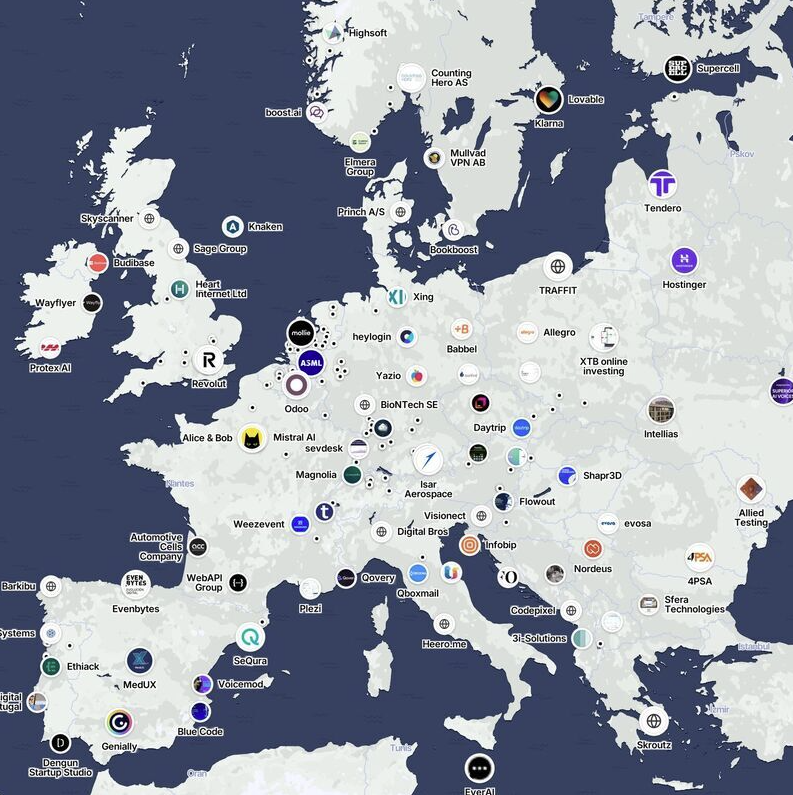We need a European tech Renaissance.

Recently, N8n, a Berlin-based startup raised $180 million, bringing it to a $2.5 billion valuation, making headlines and filling status updates on my LinkedIn timeline. Amongst all the doom and gloom you see in the media about the state of the German economy, and Europe in general, it's a breath of fresh air.
As someone who lived in the US for 10 years and moved back to Berlin five years ago, I often draw parallels between the free market capitalism, the Wild West of innovation and disruption that is the US, and … Europe.
I experience cognitive dissonance all the time due to the fact that I was inspired by the energy and optimism of people I got to know in the US while also witnessing its social fabric dissolving, becoming more polarized and dysfunctional, and an administration that has taken several attempts to shake the foundations of its democracy.
Well-being in the United States is often looked at as a business opportunity to be exploited rather than a collective issue solved on a societal level, evidenced by its broken healthcare system and privatized pharmaceutical industry as just one example.
Europe has a different approach and mindset. Its governments and its people care more for the collective good over individual material success. Its economies are more regulated, putting a brake on businesses, with the right intention, but oftentimes also destructive outcomes—one of them being that European companies are losing the race of innovation and disruption to the US and China, putting themselves in a worse negotiating position geopolitically.
It's hard to say who has the ideal system—perhaps none do—but I would love to see a Europe that can uphold its model of regulated market capitalism while also allowing tech companies to flourish. AI might allow that to happen, as we are seeing more and more European heavyweights emerging. Revolut (UK), Lovable (Sweden), and N8N (Germany) are a few examples of innovation coming out of Europe by European founders.
Governments should do more to support businesses by lowering the tax burden, seizing the moment to attract talent that is exiting the US by making it easier for highly skilled people to immigrate, and overall reducing the notorious bureaucratic chokehold that unnecessarily restricts innovation from happening here.
It is also Europe's best bet to stop the momentum of a global right-wing populist movement from sweeping across Central Europe and beyond. Historically, thriving economies have kept right-wing populist parties from using economic hardship to gain votes. Countries with high degrees of economic freedom, meaning that individuals can run and set up enterprises without many governmental hurdles, also experience a higher degree of upward social mobility. This would decrease the burden of social welfare on many governments.
In my eyes, entrepreneurship has a vital societal benefit—it employs people, it brings autonomy from the welfare state to families, and it spreads our values globally in a world that is becoming more and more anti-democratic. Let European businesses run. It is good for everyone.